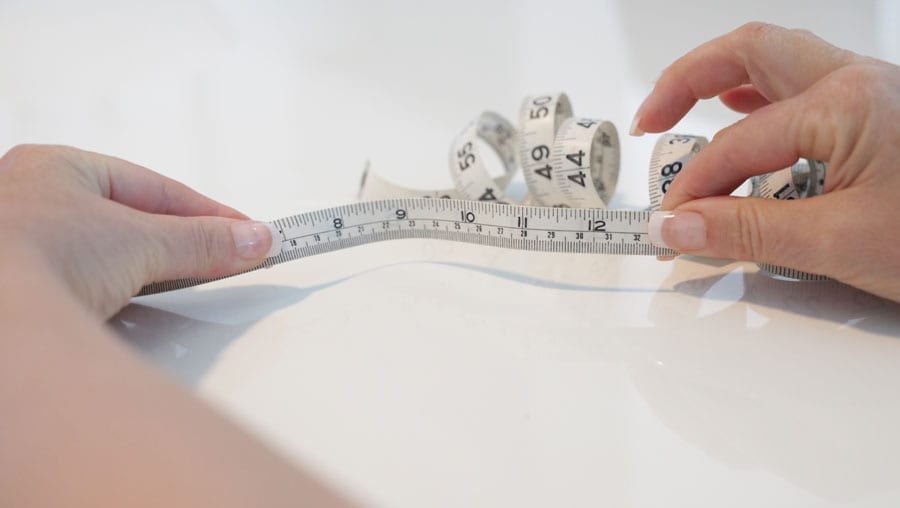For anyone with chemical sensitivities travelling can be problematic. Peter suffered severely from MCS (Multiple Chemical Sensitives), but these days he can take long road trips in the car and even flights overseas since his chemical overload has been somewhat reduced by avoidance … and by getting a chemical-free nights sleep in his ‘safe haven’ (read more about that here). Peter still needs to take precautions but we’ve compiled a short useful list of ways to manage holidays, travel or trips so you too can enjoy your time away and feel as good as you possibly can.
1. WHAT TO DO BEFORE BOARDING AN AEROPLANE: When flying, the first thing Peter learned was to make himself known at the boarding gate prior to boarding, explaining his problem with other peoples fragrances and asking to be allowed to board early with families with small children and the elderly. He has never been refused and this gives him the opportunity to sit down in his window seat and avoid the claustrophobic crush.
2. HELP TO CLEAR THE AIR: He has found that using FESS Frequent Flyer Spray (available from the Chemist) not only reduces the risk of germs but also allows him to breathe when the surrounding area becomes too toxic. You know what it’s like when people return from the bathroom having refreshed perfumes and deodorants, or simply come back smelling like the on-board chemical toilet disinfectant. Ugggh! (Please check the contents of this spray first though, as tea tree oil or some other ingredient may not suit you.)
3. HOW TO GET SOME EXTRA OXYGEN: When travelling Peter has NOT been allowed to use the overhead oxygen, but he has been allowed access to the small oxygen bottle the airlines carry on board. This is for use in emergencies only though and not to be relied upon, and this may vary with different airlines. Ask for help if you need it before you get too stressed. Flight attendants want you to have a comfortable trip. It makes their job easier too.
4. MANAGING OVERSEAS TRAVEL: On a long haul flight, always carry on your own organic cotton travel pillow and lightweight blanket. Take your own snacks and drink only purified water if possible too.
5. SUPPLEMENTS THAT CAN ASSIST: Magnesium powder or tablets help alleviate any possible heart palpitations/ panic attack/ chest cramps.
6. COMFORTABLE ROAD TRIPS: When going for drives in the car, steer clear of main roads, built up areas, commercial/industrial districts and major power lines if you can. Use an Air Purifier in the car, (metal construction, no plastics, plugs into cigarette lighter).
7. CHEMICAL-FREE ACCOMMODATION: If staying in a hotel, bed & breakfast or resort,
- Call reception ahead of time and ask to speak to the proprietor, head manager or person in charge. Make sure they don’t have new carpet, new mattresses (especially latex ones), fresh paint or have recently done a renovation.
- Check that there is a room available with a window that opens (so you can air it out) and preferably an end unit that is the furthest away from any smoking areas.
- Notify them that you will be bringing your own organic mattress protector (to provide some protection from fire-retardant and water proofing chemicals that are usually in commercial mattresses), organic cotton sheets, organic bath towels and organic pillows and ask them to remove the old ones completely from the room.
- Ask if there are plug-in air fresheners, and that these also be removed.
- Request in advance for a ‘no-chemical clean’. Most establishments understand that request these days although it’s not so long ago you were treated to a lot of eye rolling and head shakes. We found wonderful cabin accommodation in a Bright caravan park in Victoria, where upon requesting a chemical-free clean in advance, were told, “We only ever use lemon juice, vinegar and bi-carb as there are so many including ourselves who have problems with chemicals”. It’s good to know we are not alone and that others are becoming more aware of how the use of common cleaning chemicals, perfumes and fragrances effects so many people, and we’re eternally thankful for how they willingly assist to accommodate our needs.
- Make sure you pack your travel air purifier or even take the one you use in your home, if that is all you have.
- When you arrive, air out the room, move the bed away from the power outlets and sleep as close to the open window as you can manage. Of course this only applies in country areas as the smog, exhaust fumes and pollution in built up cities is usually far worse, than a closed room with a Quality Air Purifier.
One most important tip when travelling, don’t try to do too much. Allow plenty of time to relax and get as much ‘fresh air’ as possible.
Both Peter and I hope this helps you or someone you know have an easier time than what we did in the beginning. We’ve lived it, we’ve struggled through some of it, we’ve researched it, we’ve tested it, we’ve made some mistakes along the way, but now we know what works best for us. Maybe just one of these tips might give you some relief and help you have a more normal and comfortable trip, flight or holiday – you sure deserve it!
Maureen Byl
(Co-Founder of Organature)




